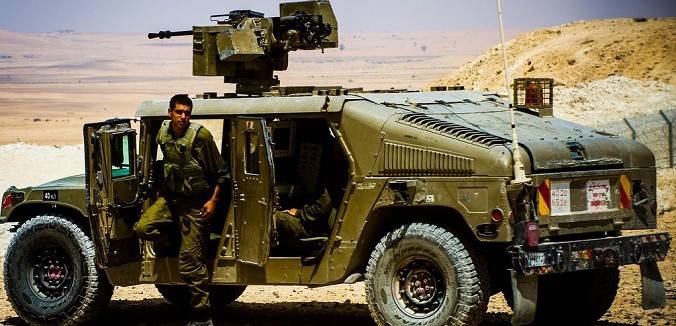A security sweep in Egypt’s Sinai Peninsula this week resulted in 10 killed and 20 arrested, after a month in which jihadists killed at least 30 people and injured over 150 in the territory. Attacks on Egyptian soldiers and civilians are now occurring daily, and the Washington Post this week raised fears that an insurgency is forming:
[T]he roots of a violent insurgency are burrowing fast into the sands of Egypt’s Sinai Peninsula… The Brotherhood says it does not condone violence. “We do not support, and we do not accept it, even if it seems like the violence is in support of us,” said Salem, the spokesman.
But the Sinai, he said, was beyond the group’s control. “We had tried to tell them that democracy would give them another chance to be good people and to be involved in society,” he said of the region’s smugglers and fugitives. “But this coup made them lose faith.”
Analysts have begun to pivot to analyzing the potential regional consequences of continued destabilization in the territory. The National Journal recently reported on some of the evaluations:
Online jihadi forums have chattered recently about training camps in the Sinai for those who want to join the fight in Syria or battle the monarchy in Saudi Arabia, says Aaron Zelin, a researcher at the Washington Institute for Near East Policy who notes that these rumors are unconfirmed… Retired Maj. Aviv Oreg, former chief of the Israeli military intelligence’s global jihad desk, calls that tough terrain “the Tora Bora of the Sinai Peninsula.”
The consequences of deepening chaos, the National Journal concluded, have the potential to drag in Israel:
“If an attack on the border leaves one Israeli soldier dead, we can contain this,” Oreg says. “But what if missiles firing on Eilat fall on a hotel, and 50 people get killed?”… If the Sinai crisis worsens and Israel is forced to react to a spectacular attack, the peace treaty could go the way of the tourists.
[Photo: The Israel Project / Flickr]




